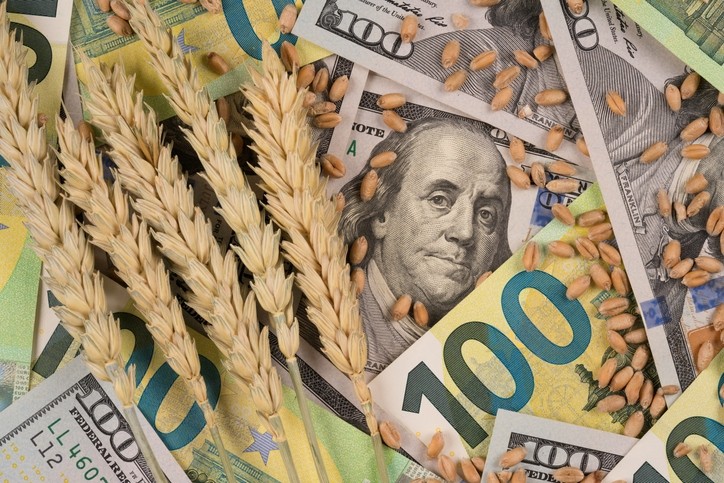Agri-commodity market: Concerns Black Sea conflict likely to be prolonged

Renewed uncertainty over the Black Sea conflict, with the release of the results of the ‘sham’ referendums held by Russia, alongside the potential sabotage of the Nord Stream gas pipeline, pushed prices for wheat, corn and rapeseed higher on Wednesday, noted CRM Agri.
Meanwhile, the market reaction to the UK government’s mini budget has resulted in the pound sterling falling to the lowest level since 1985 against the dollar and falling against the Euro, and that is resulting in support for UK rapeseed and imported meal values.
But the analysts maintain a broadly bearish outlook for global and European rapeseed prices.
Recovery in Canadian canola production is likely to outweigh the crop loss and disruption in Ukraine, they said. “Production estimates for Canadian production are between Statistics Canada’s model-based forecast for 19.1Mt and the USDA’s projected 20Mt.”
Further ahead, Australian canola will become available and is expected to be robust.
Decline in US ethanol output
Meanwhile, the CRM Agri team noted that US weekly ethanol production has continued to fall over the past week with the latest drop off bringing production levels to the lowest point since February 2021, weighing on biofuel demand prospects.
However, a surprise drop in US crude oil inventories boosted crude oil prices yesterday, likely insulating vegetable oil markets somewhat from flagging demand for biofuels, said the UK grain and oilseed market specialists.
All eyes on Brazil
Turning to the soybean market, and the relatively swift Chinese purchases of US soybeans so far has maintained underlying support, said the analysts, but they question the longevity of this strength in demand as slower economic growth weighs on consumption outlooks.
Soybean markets remained volatile in recent weeks. Despite a broad trend higher from July, over the last week Chicago soybeans have come under pressure, falling below c$1425/Bu. It is too soon to label the recent sell-off as a fresh downward trend, said the analysts, but they maintain a marginally bearish outlook for US soybeans, forecasting an average Q4 price of c$1400/bu, as supply tightness eases and demand weakens.
“With planting of the Brazilian soybean crop just starting, recent rainfall has been very welcome, allowing farmers to progress with a widely anticipated record harvest. Following last season’s drought in Brazil, we anticipate a greater proportion of Chinese and global demand more broadly to be shifted toward Brazil, which should ease the US soybean stock situation.”








